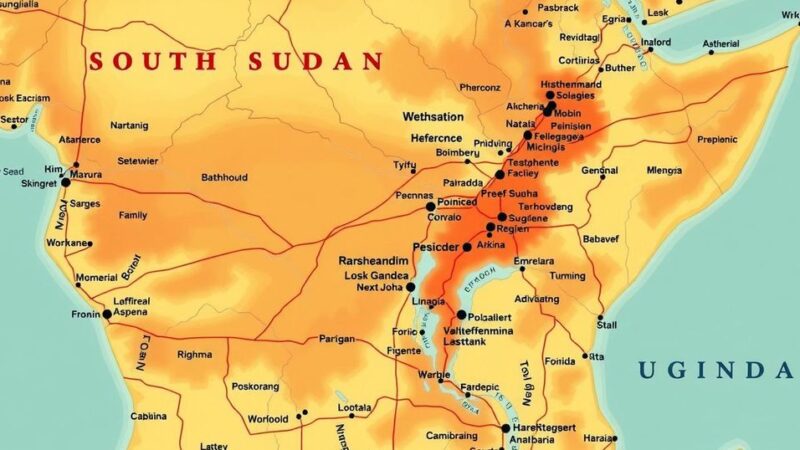Al-Shabaab’s potential for growth in Ethiopia is limited due to clan-based animosities and ineffective propaganda strategies. Despite recent security concerns and the Ethiopian government’s weakened state, experts believe the group’s ambitions are likely to remain small-scale and localized rather than establishing a significant foothold throughout the country.
Recent reports indicate significant activity targeting al-Shabaab within Ethiopia, including arrests of insurgents, the dismantlement of a terrorist network, and the interception of arms. This has prompted concerns regarding al-Shabaab’s potential to establish a combat presence particularly in the Bale mountains. Despite these fears, experts assert that al-Shabaab is unlikely to gain substantial ground in Ethiopia due to historical clan animosities and a poorly developed propaganda strategy not conducive to recruiting within Ethiopia’s diverse ethnic landscape. Previous attempts by al-Shabaab to embed itself in Ethiopia have faltered, primarily due to the Ogadeen clan’s longstanding grievances against the group, along with ineffective outreach to other populations such as the Oromos and Afars. Historical rivalries are perpetuated in the group’s messaging, which fails to resonate with the broader Muslim community in Ethiopia. Although the Ethiopian government is currently perceived as militarily and politically weakened, this does not automatically create a welcoming environment for al-Shabaab, whose strategies have proven ineffective in capitalizing on Ethiopia’s vulnerabilities.
Ethiopia has faced multifaceted internal conflicts, leading to perceptions of vulnerability that could provide opportunities for terrorist organizations like al-Shabaab. The Somali jihadist group, active particularly in Kenya, has historically sought to extend its influence into Ethiopia, given the proximity of the Somali regional state. However, Ethiopia’s own complex social fabric, characterized by clan dynamics and historical grievances, complicates such ambitions. Understanding the geopolitical context of the Horn of Africa, including the ongoing conflicts and the individual characteristics of the Ethiopian populace, is essential to assess the threat al-Shabaab poses to the region.
In conclusion, while Ethiopia presently faces challenges that might suggest an increased risk of al-Shabaab infiltration, several critical factors inhibit the group’s success in establishing a lasting presence. Chief among these are the entrenched clan-based animosities and the failure of al-Shabaab’s propaganda to align with local interests, especially the disconnect with various Muslim communities within Ethiopia. Therefore, despite Ethiopia’s internal strife, it remains more resistant to al-Shabaab than initially feared.
Original Source: theconversation.com






